Explore the dynamic world of Open Educational Resources and discover how OER Africa is driving the movement forward. This page is divided into two sections:
Articles: Our articles aim to deliver insights on OER-related themes that inform, spark conversation, and engage with the developing open education landscape, with a particular focus on Africa.
Updates: Below, the articles, you'll find updates on OER Africa’s latest initiatives, activities, and contributions to the OER community.
Articles
This section features targeted articles crafted specifically for educators, students, and the global Open Educational Resources (OER) community. The articles examine themes related to OER, offering insightful perspectives and information. The content seeks to inform, prompt discussion, and actively engage with the dynamic landscape of open education, particularly within the African context.

Most research is only seen by a small number of specialists. Would you like to share your research with those who can use it directly? They can be teachers, policy makers, other stakeholders, or the media. In this post, we explore how you can make your work accessible to a wider audience and release it under an open licence.
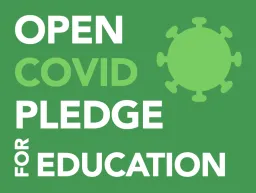
In August, OER Africa introduced the Open COVID Pledge for Education, which was launched at the OER20 Conference earlier that month. OER Africa is proud to be a founding signatory of this Pledge, which encourages individuals and organisations to make their intellectual property available through open licensing arrangements to support educators, learners and decision-makers and assist educational organisations.
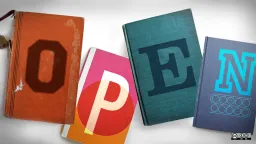
The Recommendation on Open Educational Resources (OER) (40 C/32) was adopted at the 40th UNESCO General Conference in Paris on 25th November 2019 as the culmination of a long process of UNESCO engagement with the concept of OER. Now that it is adopted and a UNESCO Dynamic Coalition has been discussing the next steps (download workshop report here), this raises the practical question of what steps government and educational institutions at all levels can do to help to operationalize the OER Recommendation.
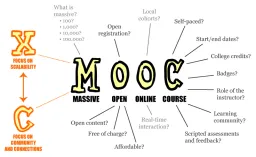
A few years ago, Massive Open Online Courses (MOOCs) were touted as “the next big thing”. They have developed since then and are part of the current education landscape. Who are they aimed at? Can university faculty members take an existing MOOC and use it in their own courses? How open are MOOCs? Where can you find them?

You have been teaching, but what have you been assessing? Can assessment also be about teaching? How do you know students have learned? It is easy to forget that instead of being separate processes, teaching and assessment have a close relationship
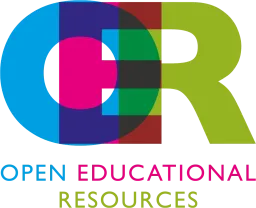
UNESCO recently hosted a set of worldwide public consultations from 22-24 July 2020, the aim being to expand and consolidate commitments to actions and strategies as well as reinforce international cooperation among all stakeholders. As we noted in a recent blog post, OER Africa provided support to UNESCO Dynamic Coalition Working Group Consultation on the OER Recommendation.
Updates
This section provides updates on OER Africa’s initiatives and activities. Stay informed about our contributions to the OER community and how we are driving the open education movement forward.
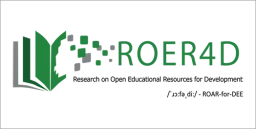
The ROER4D project being managed through the University of Cape Town is releasing chapters from their forthcoming online publication. In this chapter the authors report on an investigation into the production and rollout of four MOOCs at UCT in South Africa, and on the experiences of the educators involved in their production.

The OpenMed Consortium has recently released materials that form part of a capacity building course entitled "Open Education Fundamentals and Approaches - A Learning Journey to Open Up Teaching in Higher Education". Neil Butcher provides a review.

Launching OER Degree Pathways: An Early Snapshot of Achieving the Dream’s OER Degree Initiative and Emerging Lessons is a formative evaluation report prepared by SRI International that was released in June, 2017.
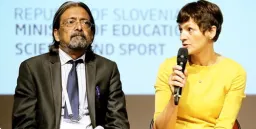
Jenny Glennie and Neil Butcher recently attended the 2nd World OER Congress in Slovenia. South Africa was represented by the Honourable Minister Angie Motshekga, Minister of the Department of Basic Education. Ministers present reaffirmed their committment of the important role of OERs in the attached Ministerial Statement.
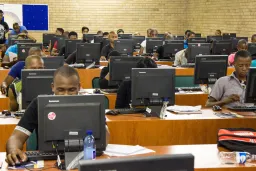
We have created a PDF of our Supporting Distance Learners online resource that will be used at a workshop to be conducted at the University of Lesotho which others may find useful too.

Amanda Coolidge, Senior Manager , Open Education at BC Campus, and Daniel De Marte, Chief Academic Officer at Tidewater Community College have released an interactive toolkit to support institutions develop open policies. The toolkit is licensed CC BY and institutions are free to reuse it, remix it, revise it, and/or redistribute it.
